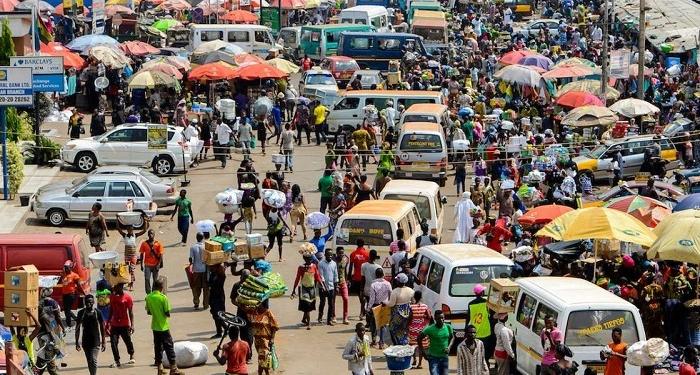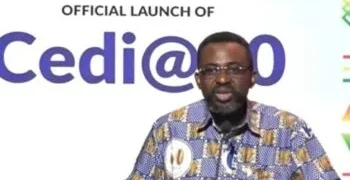Global InfoAnalytics Poll Finds 59% of Ghanaians Experiencing Improved Quality of Life Amid Economic Recovery
A new survey by Global InfoAnalytics has revealed that a majority of Ghanaians believe their standard of living has improved over the past year, reflecting growing public confidence in the country’s economic recovery.
According to the findings released by the research firm, 59% of voters said their standard of living is better now than it was a year ago. Only 12% of respondents reported a decline in their living conditions, while 25% indicated no change. The remaining 11% did not express an opinion.
The poll was conducted online from May 10 to May 20, 2025, using a probability random sampling method. A total of 1,092 respondents participated in the survey, which carries a 99% confidence level and a margin of error of ±3.82%.
Mussa K. Dankwah, Pollster and Head of Research at Global InfoAnalytics, noted that the findings highlight a significant shift in public sentiment as Ghanaians begin to feel the positive effects of recent macroeconomic reforms.
The reported improvement in living standards comes on the back of notable economic gains recorded in the first half of 2025. Chief among them is the appreciation of the Ghanaian cedi against major international currencies, which has contributed to lower import costs and improved consumer purchasing power.
The strengthening of the cedi has translated into reduced prices of key imported goods, including electronics, pharmaceuticals, and petroleum products—essential commodities that directly influence the cost of living in Ghana’s largely import-driven economy.
Additionally, inflation has continued on a downward trajectory, with headline inflation falling to 18.4% in May 2025, its lowest level since February 2022. The easing of inflationary pressures has provided some respite for households, enabling them to stretch their incomes further.
On the external front, Ghana has recorded a significant current account surplus and seen a build-up in foreign exchange reserves, supported by strong performance in gold and cocoa exports.
Further reinforcing confidence in Ghana’s fiscal position, the World Bank recently approved an additional $360 million to support the country’s economic recovery programme. The funding is expected to bolster government efforts in implementing key structural reforms and social protection initiatives.
Analysts say the convergence of these factors is gradually reshaping public perception, with more citizens experiencing the impact of improved macroeconomic fundamentals at the household level.
The latest Global InfoAnalytics survey, therefore, offers a strong indication that Ghana’s ongoing recovery process is beginning to yield real gains for the average citizen despite lingering challenges related to unemployment, debt levels, and structural weaknesses in the economy.








